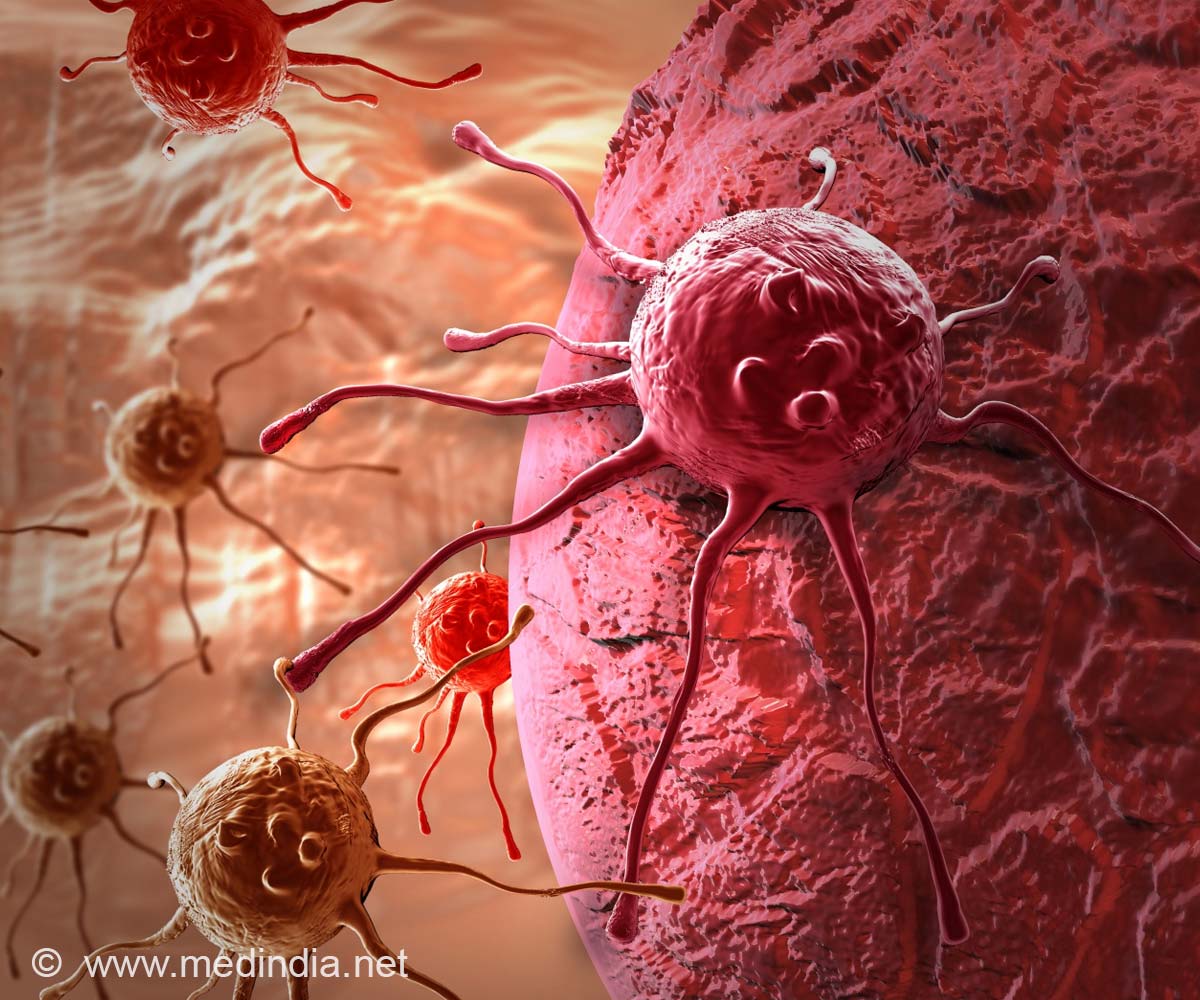Breakthrough in peptide research shows that Phylogica’s peptide fusions kills aggressive, drug resistant breast cancer cells.

Dr. Blancafort said that the study also revealed that Phylogica’s CPP fusion improved the efficacy of existing anticancer drugs to a great extent, including the antibody, Cetuximab and the chemotherapy agent, Docetaxel. She further stated that a combination of Cetuximab and a Phylomer CPP-Omomyc fusion was more than three times more effective at killing drug-resistant breast cancer cells as compared to any of these agents alone.
“The ability to combine drugs to treat breast cancer is particularly exciting as it has the potential to lower the likelihood of resistance, improve drug activity and reduce chemotherapy side-effects,” she explained.
Dr. Blancafort also tested the activity of Phylogica’s CPP fusion in an in-vivo breast cancer model and found that there was a substantial reduction in tumor size. However, she was of the opinion that this pilot study needs to be repeated using larger groups to confirm its significance.
Dr. Paul Watt, the Chief Scientific Officer of Phylogica, said, “We were not expecting such a striking result from the pilot study. We believe this is the first time anyone has shown a CPP-Omomyc fusion protein to be active in vivo, as to our knowledge Omomyc has only previously been successfully delivered to tumors using a complex ‘gene therapy’ approach, associated with significant regulatory hurdles to clinical application.”















